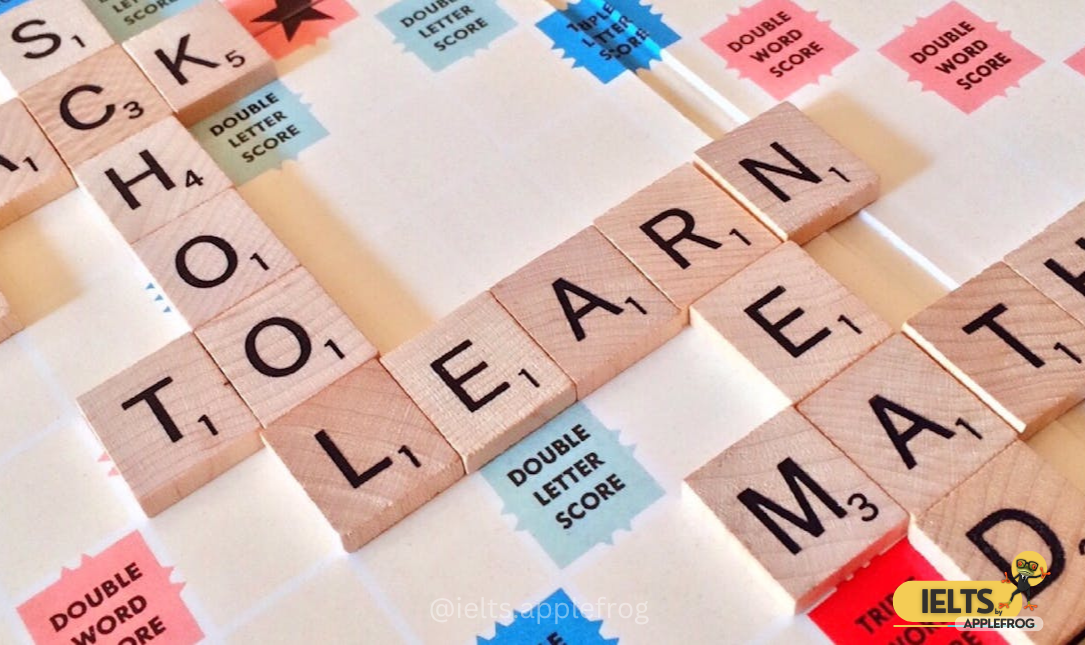
Simple Present Tense
The simple present tense is one of the most essential and frequently used verb tenses in English. It is perfect for expressing general truths, habitual actions, repeated events, and permanent conditions.
Formation of the Simple Present Tense
- Base Form: For most verbs, the simple present tense is formed using the base form of the verb.
-
Third-Person Singular: For “he,” “she,” or “it,” add
-sor-esto the verb.
Example: “He reads” or “She watches.”
When to Use the Simple Present Tense
-
General Truths and Facts: Use it for universal facts or truths.
Example: “Water freezes at 0°C.” -
Habitual or Repeated Actions: Use it to describe actions done regularly.
Example: “She drinks tea every morning.” -
Routines or Schedules: Use it to state fixed timetables.
Example: “The bus leaves at 6 PM.” -
Permanent Situations or Characteristics: Use it to describe ongoing conditions.
Example: “I work as a teacher.”
Examples of the Simple Present Tense
- “I walk to school every day.” (Habitual action)
- “The Earth revolves around the sun.” (General truth)
- “She sings beautifully.” (Permanent characteristic)
- “The store opens at 9 AM.” (Scheduled event)
Using Adverbs and Time Expressions
-
Adverbs of Frequency: Words like “always,” “sometimes,” and “never” are often used.
Example: “He always completes his homework.” -
Time Expressions: Phrases indicating regularity, such as “every day” or “twice a week.”
Example: “They visit the park every Sunday.”
Forming Negative and Interrogative Sentences
-
Negative Sentences: Use “do not” or “does not” followed by the base verb.
Example: “I do not eat fast food.” -
Interrogative Sentences: Use “do” or “does” at the start of a question.
Example: “Does she like chocolate?”
The simple present tense: A versatile tool for describing truths, routines, and permanent situations!
Additional Points
- Versatility: Covers a wide range of scenarios like habits, facts, and schedules.
- Clarity: Communicates present actions and conditions effectively.
- Foundational Knowledge: Forms the basis for understanding more complex tenses in English.
Mastering the simple present tense enables you to convey actions and situations accurately, making it an indispensable part of English grammar.
RELATED POST












 Here can be your custom HTML or Shortcode
Here can be your custom HTML or Shortcode
0 Comments